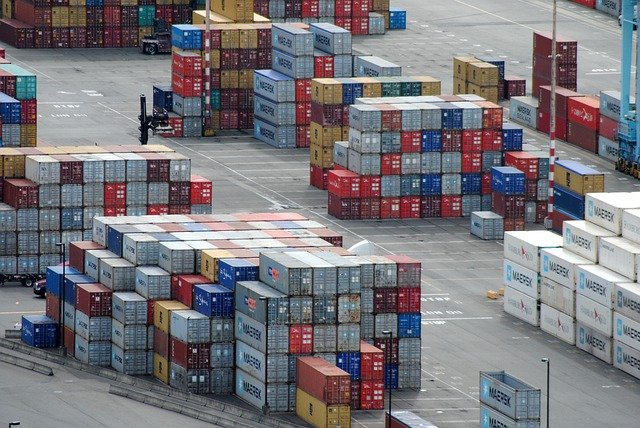
-
The Bureau of Customs expects to award by year-end the first contract under the Philippines Customs Modernization Project
-
The agency is in the final stages of procurement for the Project Supervision and Quality Assurance Services
-
Procurement for the Customs Processing System is eyed for the first quarter of next year
The Bureau of Customs (BOC) expects to award by year-end the first contract under the Philippines Customs Modernization Project (PCMP), according to Assistant Commissioner Atty. Vincent Philip Maronilla.
“We are [in] the final stages already of our first procurement under the PCMP, which is the procurement of a Project Supervision and Quality Assurance Services (PSQA),” Maronilla told PortCalls in a text message.
“Through the PSQA, we hope to get better traction on our procurement for the CPS [customs processing system],” he added.
Procurement for the CPS, which is an important component of the PCMP, meanwhile, is eyed for the first quarter of next year.
BOC last January sought expressions of interest from potential bidders for the project supervision contract. The agency intends to apply part of proceeds from the World Bank US$88-million loan (P240.330 million) to the PSQA.
READ: BOC bids out P240M consulting services for modernization project
According to WB, the PSQA is a critical first procurement that will jumpstart implementation of the PCMP, including other key procurements.
The PSQA assignment includes two broad task clusters. The first is project supervision and quality assurance services associated with information and communications technology (ICT) modernization. This covers procurement and implementation of the CPS; enterprise resources planning system as part of the organization development component; and remote image analysis center systems and related infrastructure.
The second cluster focuses on organizational development, change management, capacity development, support to improve integrity in the workplace, gender inclusion and development, and other human resources interventions to ensure new ICT capabilities effectively translate into business practices that conform to international standards and accepted good practice principles, and deliver maximum operational impact.
PCMP is expected to improve the country’s customs administration through streamlining, automation, and development of a world-class CPS. The project was officially launched last March 2021, with an eye toward achieving global standards and full modernization by 2024.
READ: BOC launches Customs Modernization Project, eyes full modernization by 2024
The WB’s Executive Board approved the loan for the project last October 2020. The project was first introduced by the Washington-based lender in 2017, and approved by the National Economic and Development Authority Investment Coordination Committee-Cabinet Committee on March 6, 2020.
READ: World Bank approves $88M loan for BOC modernization project
The project has a total cost of $104.38 million, of which $88.28 million will be funded through WB’s official development assistance, and the balance shouldered by the Philippine government.
BOC, supervised by the Department of Finance, will be the implementing agency, responsible for project execution and for ensuring project development objectives are met. A project steering committee, chaired by the finance secretary and composed of other agencies critical to the operations of BOC, was also created mainly to provide policy guidelines for the implementation of the PCMP.
Traders, exporters, importers, port operators, shipping companies, and transport providers—many of them small and medium enterprises employing many workers—are expected to directly benefit through reduced transaction costs and enhanced predictability and transparency of the clearance process.
Customs Commissioner Rey Leonardo Guerrero earlier said the PCMP will address “the urgent need of the Bureau of Customs to upgrade, expand and standardize our ICT systems, operational networks, and organizational structure.”
The project’s technical design forms an interlocking set of reforms to address the issues and challenges BOC faces, with focus on automation to improve the bureau’s processes and integrated systems.
The CPS will also improve adherence to international standards and conventions on customs processing, provide audit trail for transactions, and allow for greater transparency and less opportunity for corruption.
PCMP is expected to create a simplified, faster, and more user-friendly experience for compliant traders, with the CPS supporting enhanced intelligence in targeting and discovering high-risk cargo as well as compliant traders. This is expected to expand the country’s tax and duty base and “lead to an in increase in government revenue without implementing additional taxes.”
WB country director Ndiamé Diop earlier said similar customs reform projects by the WB in other countries have led to an actual increase in revenue collection of between 11% and 300%.




